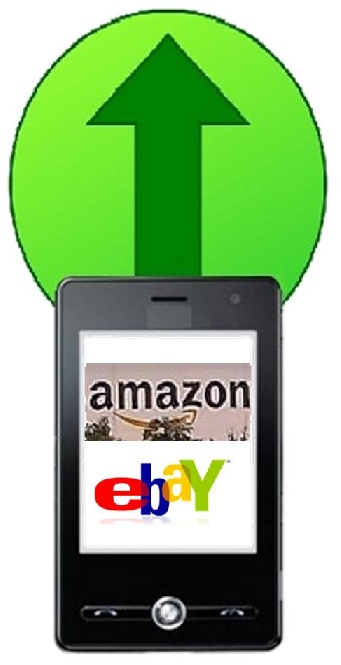 PayLeap and Spindle team to boost mobile commerce services
PayLeap and Spindle team to boost mobile commerce services
PayLeap, a company specializing in payment processing solutions, has announced its partnership with Spindle, a leading mobile commerce provider. The two companies have signed a strategic agreement that is designed to combine their solutions and technologies for the benefit of the global mobile commerce market. Such partnerships are becoming more popular throughout the mobile commerce sector as smaller companies find it nearly impossible to meet global demand for the services they provide on their own.
Companies to combine technologies and services
The PayLeap platform operates as a payment gateway, collection financial information from consumers and offering payment processing services to businesses. The platform supports in-store payments as well as those made through e-commerce sites. PayLeap also boasts of several security features, such as fraud management and secure checkout, in order to provide more safety for mobile commerce initiatives. Spindle offers businesses a variety of mobile commerce services, couponing, and loyalty programs.
Consumers demand better mobile commerce services
Through this new partnership, Spindle and PayLeap will combine their services and technology to provide consumers and businesses with more robust solutions in their given markets. These solutions may be well-received in industries that have been struggling to adopt mobile commerce per the demands coming from consumers. Those with mobile devices have been itching to participate in mobile commerce in markets in Europe and Asia, but there are still relatively few services that cater to these consumers, creating a promising opportunity for Spindle and PayLeap.
Partnerships could help small businesses compete against large companies
While the partnership will give both companies the ability to reach a wider audience, it will also help them compete against larger companies that have established strong presences in mobile commerce. Google is one such company and its Google Wallet platform has become a popular mobile commerce solution for consumers. Smaller companies may find it difficult to compete with a corporation the size of Google, hence the increasing frequency of partnerships being formed between such companies.
 Mobile commerce begins to reshape the retail industry
Mobile commerce begins to reshape the retail industry
When mobile commerce first began showing promise in the mid 2000’s, retailers were very leery of the concept and all but shunned its existence. Much of the retail industry has been slow to warm to the notion of mobile commerce, only paying it serious attention as recently as 2010. Now, however, it has become a difficult task to find a retailer that does not support mobile commerce in some way, and this once shunned phenomenon is beginning to revolutionize the entire industry.
conScore sees major potential in smart phones
There are a vast multitude of market research studies that show that mobile technology has come to play a dominant role in the lives of consumers, especially where shopping is involved. According to comScore, a leading market research firm, smart phones are becoming the medium of choice when it comes to mobile technology, with such devices account for 63% of all mobile devices owned by consumers. These consumers are becoming increasingly interested in using their smart phones to purchase products.
Amazon establishes leadership in mobile commerce due to early adoption
Companies that adopted a strong focus on the mobile space early on have become very powerful in the realm of mobile commerce today. Amazon, for instance, is currently one of the leading powers in the mobile commerce and e-commerce worlds. Amazon’s site registers more than 5 million unique visits every day, the majority of which are also tied to purchases made from a mobile device. comScore notes that mobile search has also come to play a major role in the evolution of the retail industry and its reach to consumers, especially as more people use their mobile devices to browse the Internet.
Mobile devices represent promising opportunities for retailers
According to comScore, an average of 5.7 million smart phone users made online purchases between May and July of 2012. Approximately 13% of these consumers made purchases greater than $250, while the major spent well more than $40 on products they were interested in. eBay is another company that has seen the evolution of the retail industry through mobile commerce, claiming that mobile devices are the equivalent to consumers carrying an entire department store with them wherever they go. According to eBay, these consumers check their mobile devices approximately 40 times a day, giving retailers 40 unique opportunities to engage these consumers on a daily basis.
 PayLeap and Spindle team to boost mobile commerce services
PayLeap and Spindle team to boost mobile commerce services
 Mobile commerce begins to reshape the retail industry
Mobile commerce begins to reshape the retail industry